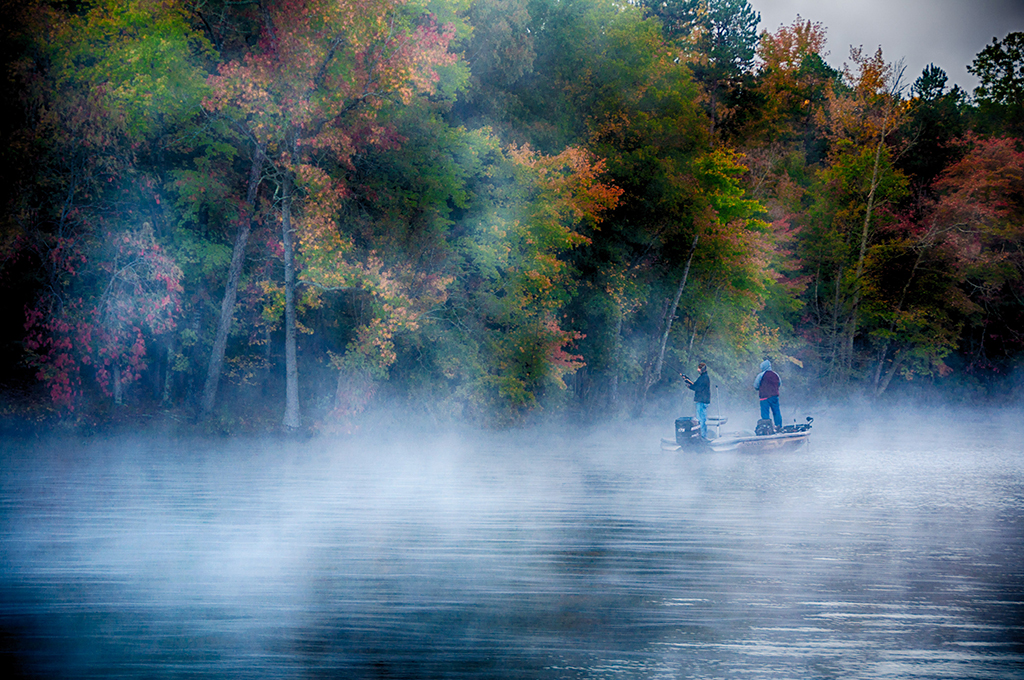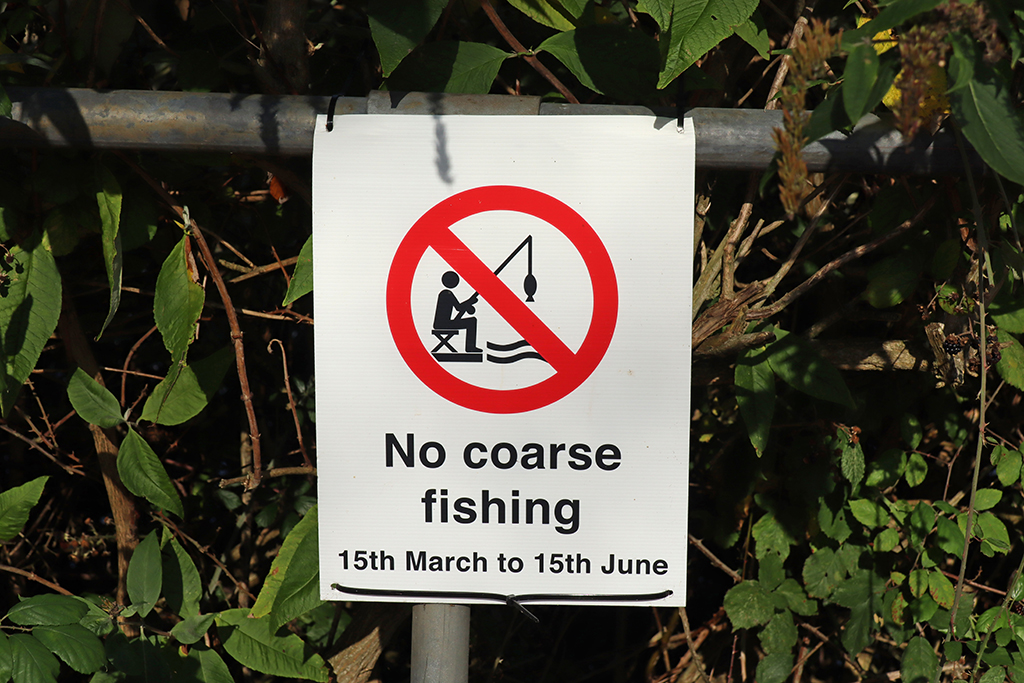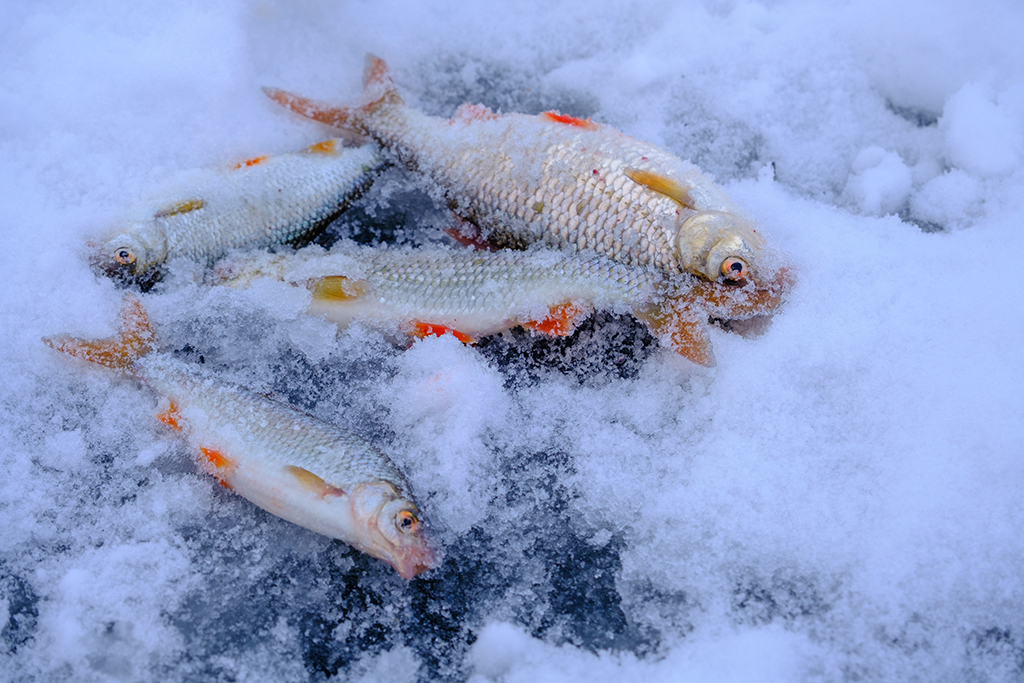
If fishing is your thing then you’ll be looking forward to getting out there again, you’ll also know the importance of understanding the fishing seasons – it can make all the difference between a good trip and a disappointing one. But what does fishing season actually mean? We’re going to look at some of the most common questions about the fishing season in the UK.
WHAT IS FISHING SEASON IN THE UK?
Fishing season is the period of time when anglers are allowed to fish. It can depend on the location and the type of fish, but in general it lasts from March to October.

WHAT ABOUT CLOSED SEASON?
Often referred to as the closed season for coarse fishing, this is when fishing isn’t allowed on any river in England and Wales, and it typically runs from 15th March to 15th June.
The close season is in place to protect fish stocks during spawning season; it’s important that the spawning fish, and their vulnerable eggs, aren’t disturbed. It also allows the surrounding vegetation and wildlife to flourish.
The close season doesn’t stop you fishing altogether, as while it applies to all rivers and streams, it only includes a few canals and still waters.
According to the Canal and River Trust, 8 million of us are within a kilometre of a canal and often fisheries, lakes and reservoirs offer year-round fishing; for example, you can still fish for trout and salmon, in fact, March to May is a great time for freshwater fishing, take a look at our guide to common freshwater fish on our blog.
You can find out more about where you can fish, and when, on the government website.
DIFFERENT FISHING SEASONS IN THE UK
Each season has different benefits and challenges, depending on the type of fish you want to catch, and your level of skill:
Spring (March to May) -This is a popular time for fly fishing; the water is warmer and the fish are more active. It’s also a great time for trout, salmon, pike and perch, as well as sea fishing.
Summer (June to August) – There are lots of fishing opportunities in the summer; although it can be a bit more challenging for fly fishing, especially when it’s really hot, as the fish can be a bit slower and prefer to stay in deeper, cooler water. It’s also a good time for mackerel, bass and pollock.
Autumn (September to November) – This is a popular time for fly fishing as the fish become a bit more active again. It’s also a good time for sea fishing, particularly cod, as some species migrate closer to the coast.
Winter (December to February) – Winter can be a challenging time for any kind of fishing as water temperatures drop and fish become less active, but it can be a great time of year for carp fishing – just as long as you stay warm!
There will also be regional variations in the seasons, for example, spring could start earlier in the south of England than it does in Scotland. Check out our guide to the best places to go fishing in Yorkshire.

Whenever, and wherever, you like to fish, chances are you’ve collected quite a bit of kit; whether that’s your essential everyday equipment or those equally essential fishing gadgets that promise to ensure that you’ll never miss that big catch, it all adds up. Fishing insurance often comes quite far down the list; angling is a relatively safe sport, right? But the unexpected can always happen so it would be nice to know you could sit back and enjoy your time on the riverbank without having to worry about what will happen if something were to go wrong.
For more information, read our guide to why fishing insurance may be something you want to consider and take a look at our policies; there are three types that you can tweak with a range of optional benefits. Find out how you might be better off by giving us a call today and getting a free, no-strings quote.
All content provided on this blog is for informational purposes only. We make no representations as to the accuracy or completeness of any information on this site or found by following any link on this site. We will not be liable for any errors or omissions in this information nor for the availability of this information. We will not be liable for any loss, injury, or damage arising from the display or use of this information. This policy is subject to change at any time.
We offer a variety of cover levels, so please check the policy cover suits your needs before purchasing. For your protection, please ensure you read the Insurance Product Information Document (IPID) and policy wording, for information on policy exclusions and limitations.


